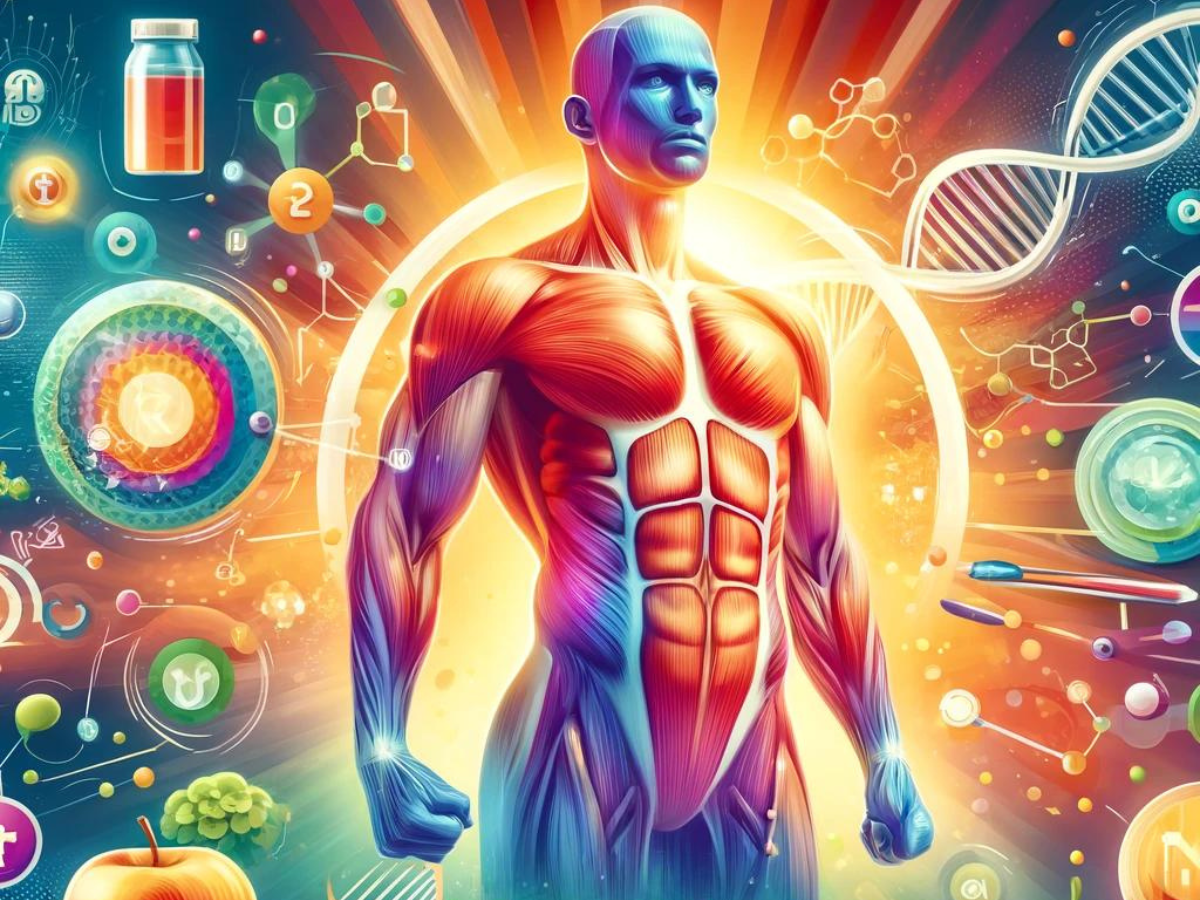
The news is hard to watch.
So often I see a mix of the latest stories about human suffering mixed with some of the worst nutritional advice available. There are some exceptions, but most of that stuff is a direct reflection of the American Dietetic Association, the American Heart Association, the Calorie Control Council, and other organizations that are unintentionally (I hope) keeping you sick and fat.
Whether it should be or not, the news is often one of the first places people turn for guidance when it comes to weight loss and health. What they find is usually a compilation of industrial food company “facts”:
- Whole grains are good for you.
- A “balanced” diet is a healthy diet.
- A calorie is a calorie is a calorie.
- Cholesterol clogs your arteries.
- Animal products are bad for you.
- Saturated fat gives you cancer, heart disease, and diabetes.
- Vegetarianism and veganism are healthy.
What drives me nuts is that the people who run big news shows are good people who mean well, but some of the stories aren’t as good as their intentions. Recently I spent a couple days filming at my house with producers from ABC Nightline, including Good Morning America’s weekend anchor Dan Harris. After that, there’s no doubt in my mind that news studios want to run meaningful news that helps people *and* gets good ratings.
Then again, sometimes the quest for ratings wins. CNN scheduled me to talk about brain hacking on the show, but cancelled at the last minute in order to devote more time to covering the Aurora massacre. Do we really need more pictures of human suffering?
Sometimes reporters with the best of intentions like Katie Couric do things that don’t help at all, like writing special articles aimed at reducing the saturated fat and calories from cheese. CBS was one of the first news organizations to publicize a study supposedly showing that one meal high in saturated fat was bad for your heart
As with the China Study, Chris Masterjohn was kind enough to debunk it (it turns out the saturated fat meal produced better markers of heart function).
Yet I was refreshed to come across CBS Sunday Morning on fat. In this report, Rita Braver first speaks with a gourmet chef named Jennifer McLagen who has written a new book about high fat cooking. McLagen calls fat the “misunderstood ingredient.” It’s hilarious to watch as Rita cautiously bites into a piece of bread topped with bone marrow as if it were an apple with filled with razor blades. (Worry more about the bread, Rita!)
Rita Braver does a good job of presenting both sides of the argument. She even mentions the high nutrient value of fats, albeit in a shocked fashion.
“Also surprising is that fat can be rich in vitamins and omega-3’s.”
Yes. Believe it or not, fat can be good for you. Aren’t you glad the news keeps you up to date on the latest research?
Gary Taubes was the most refreshing part of the show (more about Taubes). As usual, Gary laid down the facts when it came to saturated fat and heart disease. This is his response when asked what he thought of the current dietary recommendations:
“I mean, it’s just completely ill-conceived, this low-fat diet, this low-saturated fat diet,” said Taubes. “You know, the idea that we should not eat butter, that we should eat low-fat yogurt instead of full-fat yogurt.”
Taubes doesn’t stop there:
“You’re just going against the science,” he said. “The studies have never been able to prove it. And you’ve got clinical trials that demonstrate the opposite, that demonstrate that a high animal fat [diet] is a healthy diet.”
In support of Taubes, Rita Braver references a study in 2010 that showed a high fat diet was superior at improving cholesterol levels. As you are probably aware, cholesterol is no more the cause of heart disease than kittens.
Before the story finished, the forces of low-fat yogurt and tofurky rallied with the head of the (slightly inflamed) American Heart Association at their front.
His response was a flawed attempt at rebuttal that fits the AHA to a tee:
“The epidemiologic evidence tells us, other studies tell us that saturated fats, when consumed, will increase levels of cholesterol.”
Let’s break that down piece by piece.
“The epidemiologic evidence tells us…”
No, it doesn’t. Epidemiological data only creates questions. It never shows causation, only correlation.
“…other studies tell us that saturated fats…”
Really? This must be brand new evidence, since there hasn’t been a single study that has definitively shown unhydrogenated saturated fat causes heart disease.
“…when consumed, will increase levels of cholesterol.”
Finally. He’s right. Eating a diet high in saturated fat can increase cholesterol levels, which gives you building blocks for hormones and brain cells. Time to start a saturated fat tax! Or not.
First of all, a diet high in saturated fat increases both HDL and LDL cholesterol, and is protective against lipid oxidation, which is a major contributor to heart disease. Second, who cares if it raises unoxidized LDL cholesterol? It’s a vital substance that you can’t live without. There is huge variation in cholesterol levels between healthy populations, and there is no correlation between cholesterol levels and heart disease risk, as Gary Taubes explains well in his books.
It’s worth noting that president of the American Heart Association, a very well educated cardiologist with little nutritional training, looks like this:
His appearance is mentioned because when you find full length picture of him, it looks like he is carrying about 30 extra pounds, his walk and his talk don’t appear to match.
I was a bit saddened by the weasel-like conclusion:
“So until the fat fight ends, maybe the key to healthy, happy fatty eating is moderation.”
“Moderation” is rarely a panacea – you don’t want moderate levels of mercury or arsenic in your food. You want none. You don’t want moderate levels of hydrogenated oil in your food. You want none. And you don’t want moderate levels of fat in your diet – you want 50-70%! Guess it’s time to stop watching the news and make a second cup of arterycloggingsaturatedfat filled Bulletproof Coffee. 🙂
If you’re interested in learning more about saturated fat and cholesterol, read Chris Masterjohn’s website, Cholesterol-And-Health.com, especially this article. If you’re really interested, read the epic Good Calories, Bad Calories.
There will always be a conflict of interest in news organizations between presenting balanced research and supporting advertisers pumping junk food during commercial breaks.
If it unfortunate that mass media is the main source of dietary advice for millions of people. I used to follow this type of advice from news shows and magazines:
- I counted calories.
- I made sure to eat whole grains.
- I avoided butter and other animal fats.
- I exercised excessively.
- I ate junk food in “moderation.”
- I ate chemical artificial sweeteners
The result? I was a sick, 300 pound, person with cognitive dysfunction.
The situation improved only after I did the following:
- Started tracking food quality, not quantity.
- Avoided grains and other food toxins.
- Radically increased my saturated fat intake, including lots of butter.
- Based my diet around vegetables and grass-fed animals.
- Reduced my exercise dramatically.
Following this approach, I lost 100 pounds and even managed to gain muscle without exercise. If you eat the Bulletproof Diet, you can too.










